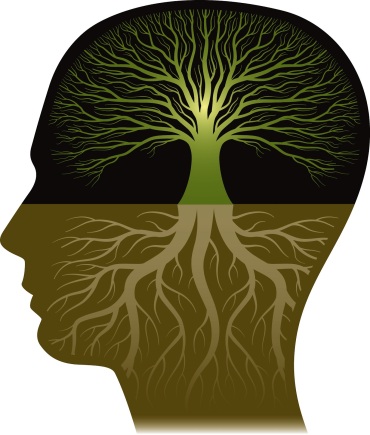
Beliefs about the nature of knowledge influence learning and teaching (Bendixen & Rule, 2004). Individuals epistemological beliefs influence their ways of dealing with and solving problems, especially if new approaches are required.
It also looks at the nature of belief, how belief is justified in the mind, and how truth, knowledge, and belief differ. In everyday life, becoming aware of the true nature of knowledge and belief, and how these thought systems affect us emotionally and behaviorally, is critical to achieving personal empowerment and even basic needs such as physical and emotional health and well being.
It is also critical to understanding how influences in our lives, such as authority figures, religious leaders, mass media and even peer pressure, can shape our belief systems and what we think we “think we know”. Knowing the difference between what we really know, and what we think we know, is perhaps one of the most valuable lessons and life skill possesses.
Because epistemology enables us to think about the way we think, it is a useful method for evaluating the world around us. Accordingly, without epistemology, human beings would have no reason to believe in their thoughts and actions. In the field of education, teachers would have no reason to give tests or assign class work because there would be no difference between truth and error. We need epistemology in order to accept reality and live our lives in successful pursuit of truth.